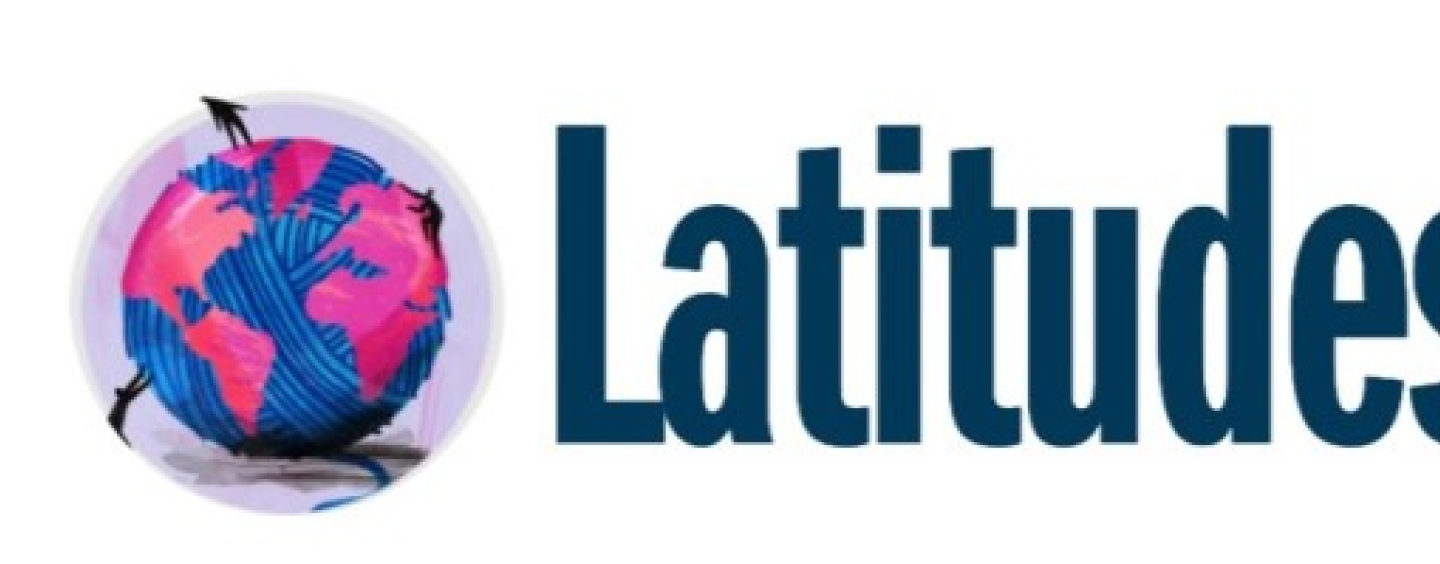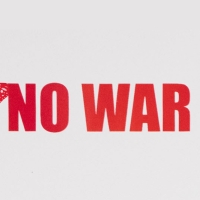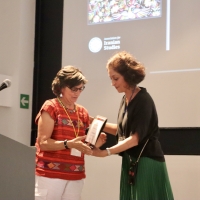Academics urge solidarity with Iranian protesters

By Karin Fischer for Latitutdes, The Chronicle of Higher Education, October 19, 2022
A group of academics is calling on college leaders in the United States and Canada to speak out publicly in support of protesters in Iran.
In an open letter, the professors, many of Iranian descent, urge presidents and chancellors to denounce attacks on student protesters in Iran and to support their right to assemble and speak freely. “While it may not be customary for academic leaders to take a position on international issues — whether they are campaigns or protests on the ground — we feel strongly that our role as academic leaders, educators, and advocates for students must extend beyond the borders of our own campuses and our own countries,” they write.
Students, particularly female students, have been at the forefront of anti-government protests that have erupted across Iran in recent weeks, following the death while in police custody of a young woman arrested for allegedly not properly covering her hair according to religious law. Earlier this month, security forces attacked protesters with tear gas and arrested dozens at Sharif University, a prominent institution in Tehran.
To date, some 200 professors and researchers have signed the letter, according to Persis M. Karim, chair of the Center for Iranian Diaspora Studies at San Francisco State University, and one of the organizers.
“It’s important to make gestures of solidarity,” Karim said. “I think it’s our job as educators, as administrators, and as universities to recognize those young people who can save the world.”
But the letter goes beyond symbolic support, asking colleges to offer emergency admissions to Iranian students who may be forced to flee their home country and to take in displaced Iranian scholars. Karim said it was important that college leaders prepare to support threatened students and academics, rather than scramble to respond in moments of crisis, as happened recently with Afghanistan.
Colleges should make sure current students are aware of and connected to counseling and other services. About 10,000 Iranians study in the United States, but there are also many American students of Iranian heritage — some the children or grandchildren of former international students who stayed on after the Iranian Revolution — who maintain close ties to Iran.
Karim, who has been involved in teach-ins about the current protests, said she has been getting on-the-ground updates from a cousin in Iran. “I’m alternately hopeful,” she said, “and alternately grim.”



